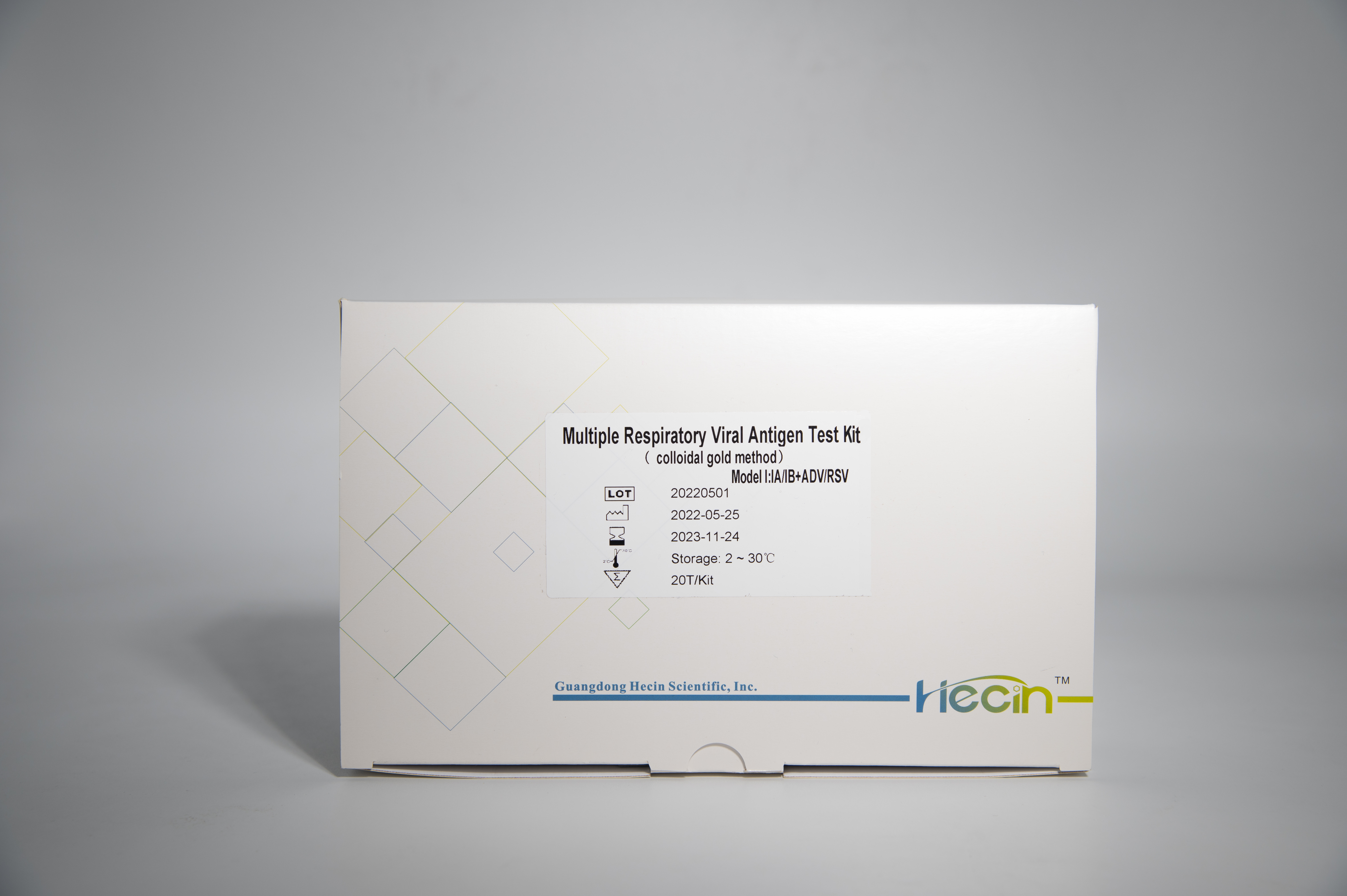
Hecin, a leading IVD company with a state-of-the-art GMP factory and biosafety level II laboratory, has been at the forefront of research and development in the field of respiratory pathogens. The company has built the largest database of respiratory pathogens in China, enabling them to identify and characterize a wide range of viruses and bacteria that cause respiratory illnesses.
The Polymerase Chain Reaction Fluorescence Probe Method developed by Hecin is a highly sensitive and specific molecular diagnostic technique that can rapidly detect the presence of respiratory pathogens in clinical samples. This method is based on the principle of amplifying and detecting specific genetic sequences of the pathogens using fluorescent probes, allowing for accurate and reliable identification of the causative agents of respiratory diseases.
This groundbreaking method offers several key advantages over traditional diagnostic techniques. It provides a faster turnaround time, giving healthcare providers the ability to quickly identify the pathogens responsible for respiratory infections and initiate appropriate treatment. The method is also highly accurate, reducing the risk of false negative or false positive results and improving patient outcomes.
In addition, the Polymerase Chain Reaction Fluorescence Probe Method has the potential to detect a wide range of respiratory pathogens, including viruses such as influenza, respiratory syncytial virus, and coronaviruses, as well as bacteria like Streptococcus pneumoniae and Haemophilus influenzae. This comprehensive approach to pathogen detection is crucial for effectively managing and controlling outbreaks of respiratory diseases.
The impact of this innovative diagnostic method could be far-reaching. Not only does it have the potential to improve patient care by enabling faster and more accurate diagnosis of respiratory infections, but it could also aid in the early detection and surveillance of emerging respiratory pathogens, such as novel strains of influenza or coronaviruses.
Hecin's commitment to advancing the field of respiratory pathogen diagnostics is reflected in their ongoing research and development efforts. The company continues to invest in new technologies and laboratory capabilities to stay at the forefront of innovation in this critical area of healthcare.
With the emergence of novel respiratory pathogens and the ongoing threat of seasonal respiratory infections, the need for accurate and reliable diagnostic methods has never been greater. Hecin's Polymerase Chain Reaction Fluorescence Probe Method represents a significant step forward in meeting this need and has the potential to make a meaningful impact on public health.
As Hecin continues to refine and expand their molecular diagnostic capabilities, the company is well-positioned to play a leading role in the global effort to combat respiratory diseases. The development of this advanced diagnostic method underscores Hecin's commitment to improving patient outcomes and contributing to the advancement of respiratory pathogen diagnostics on a global scale.
